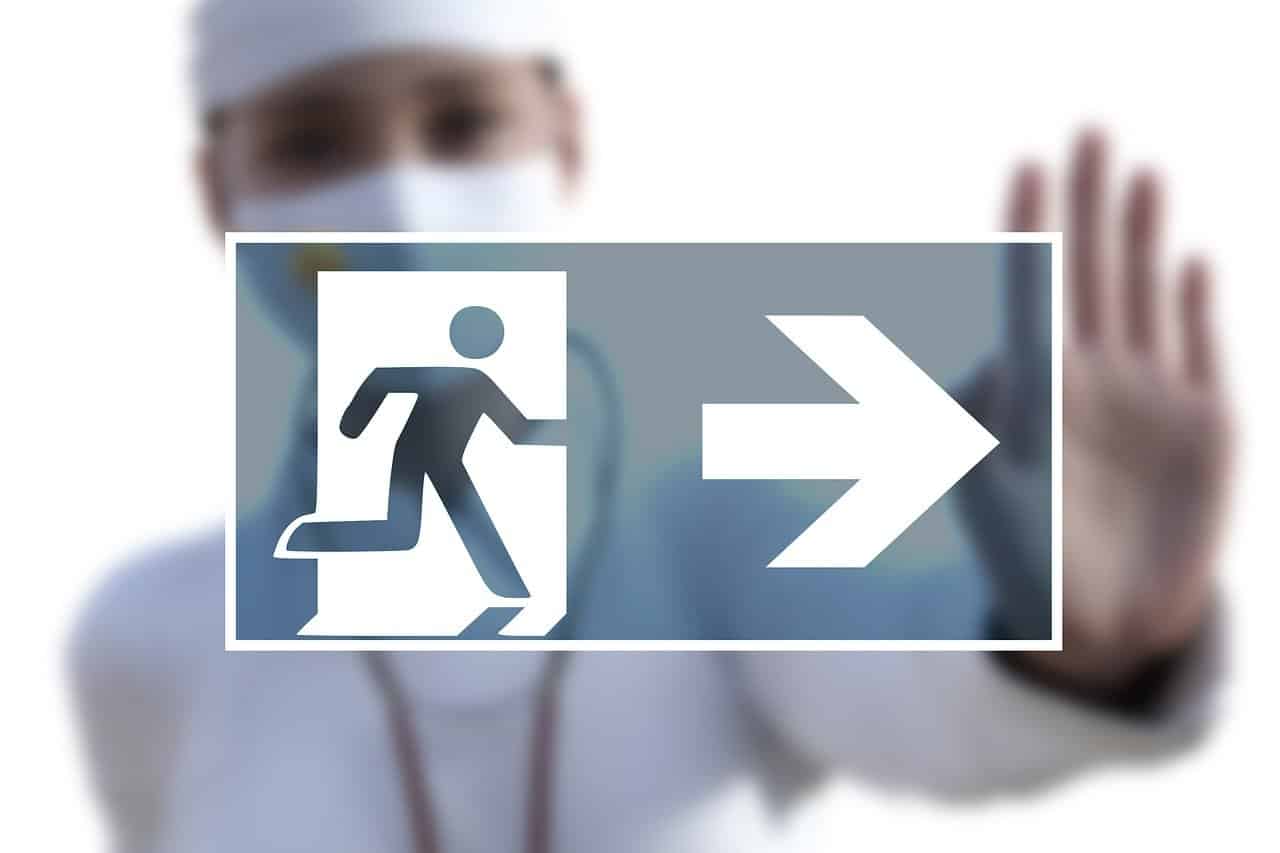The risk of an outbreak at religious events is higher compared to sporting events or concerts, study claims
In Germany, scientists from the University Hospital of Halle(Saale) and the University of Galle-Wittenberg conducted an experiment with a thousand people to study how big mass events affect the spread of infection.
To carry out the study, researchers a couple of months ago invited 1.2 thousand volunteers to a concert. Each of them passed the coronavirus test in advance (only those who received a negative result were allowed to participate) and had to wear a mask (N95). In addition, the subjects were equipped with special devices that made it possible to record movements and thereby track the path of aerosols – small particles from the respiratory system that can carry the virus.
To see what the volunteers touched, all surfaces were treated with fluorescent disinfectants. And to recreate the most realistic public behavior at such events, pop singer Tim Bendzko performed at the “concert”. In addition, the researchers developed a computer model of the indoor arena, showed how aerosols are distributed throughout the room and examined how the spread of the virus in such cases affect the wearing of masks, the scale of the event, ventilation systems and initial levels of disease.
As a result, the researchers concluded that indoor seating activities, if they are carried out with hygiene measures and with appropriate ventilation, have little effect on the spread of infection.
“However, some observations show that the type of event determines its role in the epidemic: for example, the risk of an outbreak in the case of religious events is higher compared to sporting events or concerts,” the scientists write.
They also investigated how the infection would spread under various restrictions.
“We considered three different scenarios: 1) without restrictions (situation before the pandemic), 2) with moderate restrictions (staggered seating, twice as many entrances), 3) with strict restrictions (pairwise seating with a distance of one and a half meters from neighbors, in four times as many entrances.) Each scenario involved entering the event (60 minutes), the first half (20-54 minutes), a break (20 minutes), the second half (20-45 minutes) and exiting (15 minutes). <…> Most of the contacts took place at the entrance and during the break, but only a few of them lasted more than 15 minutes. And the measures taken in the second and third scenarios led to a significant reduction in their number. Almost all contacts during the performance itself lasted longer than 15 minutes,” said the researchers, stressing that the transmission of the virus depends on how often do event attendees contact each other and whether they wear masks.
According to them, in the case of 50 infected per 100 thousand population per week, an average of 10 to 40 infected will attend a mass event. If we take three as the base reproductive number (the average number of healthy people who are infected with one carrier of the virus), the risk of transmission within 15 minutes of contact during such concerts is about 7%. If we imagine that at least 100 thousand people will attend concerts in a month, then the total number of infections will increase as follows: 2.3%, 1.1% and 0.4% for the first, second and third scenarios, respectively.
The results of the experiment were published on the medRxiv.org.
